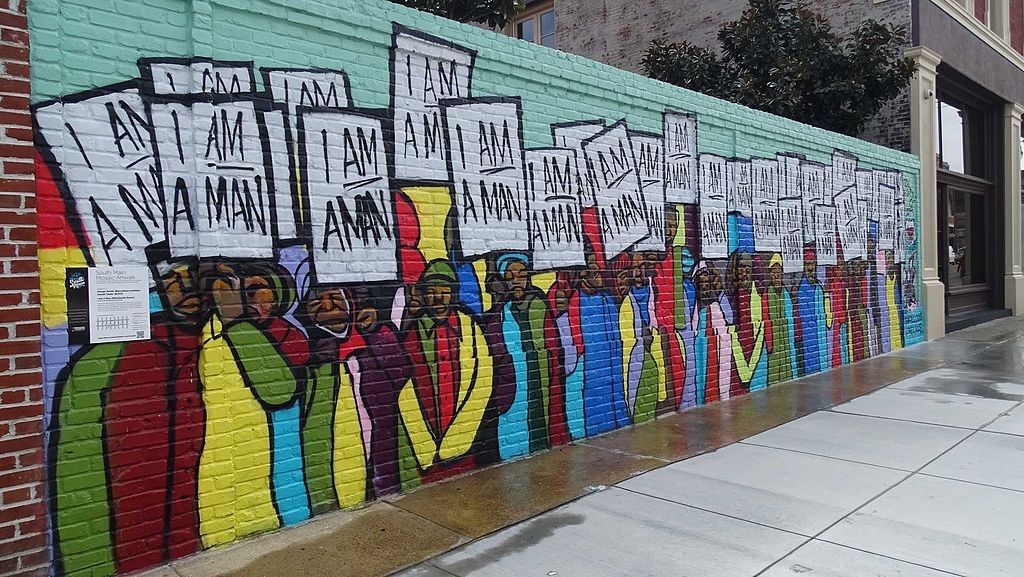
By Sidney Hargro
On April 4, 1968, fifty years ago today, a shot rang out toward the balcony of the Lorraine Motel in Memphis, Tennessee, cutting short the life but igniting the insurmountable legacy of Rev. Dr. Martin Luther King, Jr. On the eve of this tragedy, King gave his last and arguably most prophetic and chilling speech, “I’ve Been to the Mountaintop.” He was in town to support the Memphis Sanitation Workers strike, which he declared to be a major part of his new Poor People’s Campaign. After the passage of the Civil Rights Act of 1964, he had turned his attention to the next phase of work, addressing poverty across all races. King’s speech highlighted economic injustice against the backdrop of America’s founding documents of freedom and liberty. In approximately 43 minutes he spoke truth to power (fully aware of threats on his life) and transcended the Mason Temple pulpit to a metaphorical mountaintop overlooking a land of promise for all, then abruptly passed the baton.
Like Memphis, Philadelphia experiences high levels of poverty. According to the Pew Charitable Trusts’ 2017 Study, Philadelphia’s Poor: Who they are, Where they live, and How that has changed, Philadelphia has the highest poverty among the nation’s 10 largest cities. Fifty years later, poverty still has a grip in America. Fifty years later, we still hold the baton of King’s legacy as people, as a City, as a Nation, and as grantmakers and social investors who seek solutions to the greatest challenges.
Like the Samaritan parable retold in the Mountaintop speech, we cannot afford to be compassionate by proxy. In other words, we can’t see a problem and assume that someone else will solve it. Against the norms of conventional philanthropy, foundations supported the Civil Rights Movement and the Poor People’s Campaign. Rather than just funding the need they asked the question, “How did it get this way in the first place?” This fostered a greater understanding of the systems of inequity and the opportunity of policy change.
We need a compassionate alliance that creatively targets both the need and the social change. We need an alliance of philanthropy, community, and the public and private sectors that asks the tough questions about poverty, economic mobility and justice, and the policies that exacerbate them. I am confident such an alliance can prevail. The baton has been passed, but it’s up to us to embrace the messy work of change that it calls for in times like these.
